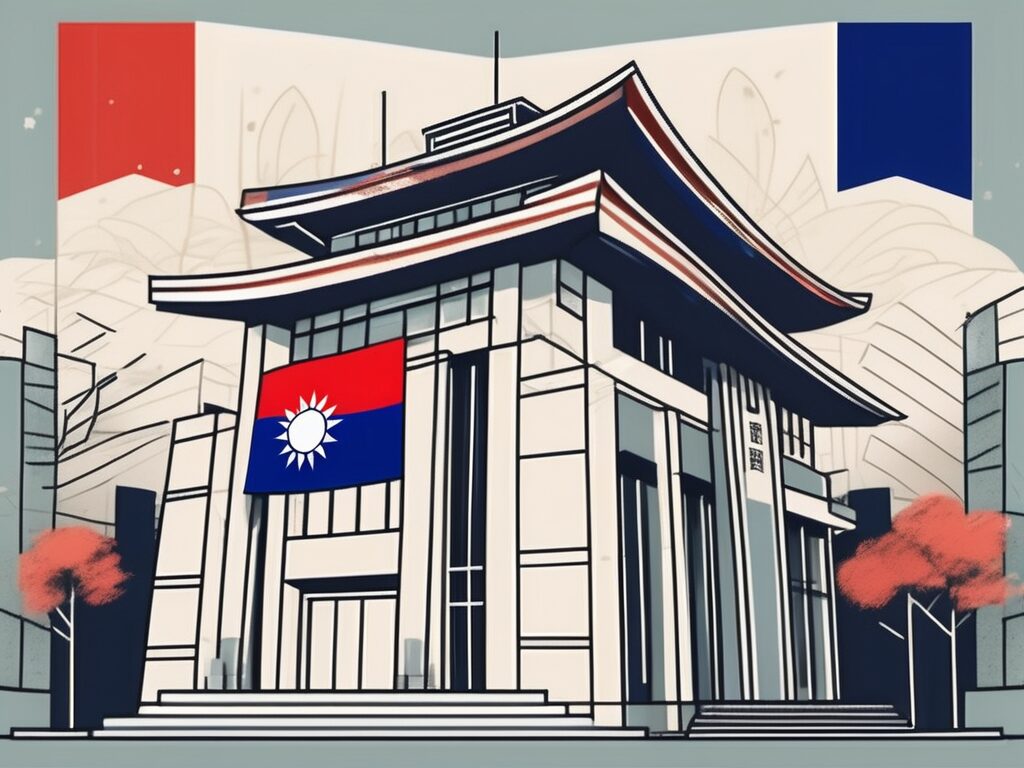Taiwan, an island nation in East Asia, has a robust education system that has undergone significant changes over the years. The government has played a pivotal role in shaping the education landscape, introducing policies aimed at enhancing learning outcomes and ensuring equitable access to education. This article delves into the various government policies impacting education in Taiwan, exploring their implications and effects on the education sector.
The Evolution of Education Policies in Taiwan
Post-World War II Era
Following World War II, Taiwan embarked on a journey to reform its education system. The government introduced a 6-3-3-4 education system (six years of primary school, three years of junior high school, three years of senior high school, and four years of university). This policy aimed to provide a comprehensive and balanced education, laying the groundwork for Taiwan’s future development.
Moreover, the government established compulsory education for all children aged 6-15, ensuring that every child had access to basic education. This policy was instrumental in reducing illiteracy rates and fostering a culture of learning.
21st Century Reforms
As we entered the 21st century, Taiwan’s education system underwent further transformations. The government introduced the Grade 1-9 Curriculum, integrating junior high and elementary school education. This policy aimed to create a seamless learning experience for students, reducing the pressure of transitioning between different educational stages.
Furthermore, the government implemented the High School and Vocational School Diversification Policy. This policy encouraged high schools and vocational schools to develop unique characteristics and specialisations, promoting diversity and catering to different student interests and talents.
Current Policies and Their Impacts
12-Year Basic Education
In 2014, Taiwan launched the 12-Year Basic Education policy, extending compulsory education from nine to twelve years. This policy aims to cultivate well-rounded citizens, equipping them with the skills and knowledge necessary for the 21st century. It also seeks to reduce the pressure of entrance exams and promote equity in education.
Since its implementation, the policy has had a profound impact on Taiwan’s education system. It has led to a more holistic approach to education, emphasising not only academic achievement but also character development, creativity, and critical thinking. However, it has also sparked debates about the effectiveness of the policy and the challenges of its implementation.
Technology in Education
Recognising the importance of technology in the modern world, the Taiwanese government has made significant efforts to integrate technology into education. Policies have been introduced to promote digital literacy, encourage the use of technology in teaching and learning, and equip schools with the necessary infrastructure.
This has resulted in a more dynamic and interactive learning environment, enhancing student engagement and learning outcomes. However, it has also raised concerns about digital divide and the potential risks of excessive screen time.
Comparative Analysis: Taiwan vs. Other Countries
Finland
When compared to Finland, often lauded for its progressive education system, Taiwan’s approach is somewhat different. While both countries emphasise the importance of holistic education, Finland places a greater emphasis on student autonomy and less structured learning, whereas Taiwan’s education system is more structured and exam-oriented.
However, both countries share a common goal of reducing educational inequality. Taiwan’s 12-Year Basic Education policy mirrors Finland’s policy of providing comprehensive basic education for all students, highlighting the universal importance of equitable access to education.
South Korea
South Korea, like Taiwan, has a highly competitive education system. Both countries place a strong emphasis on academic achievement, leading to high-stakes exams and a culture of private tutoring. However, while South Korea has been criticised for its high-pressure education system, Taiwan has made efforts to alleviate exam pressure through its 12-Year Basic Education policy.
Moreover, both countries recognise the importance of technology in education. South Korea has been a frontrunner in digital education, while Taiwan has been making strides in integrating technology into classrooms.
Conclusion
Government policies play a crucial role in shaping the education landscape. In Taiwan, these policies have evolved over time, reflecting the changing needs and priorities of the society. From the establishment of compulsory education to the introduction of the 12-Year Basic Education policy and the integration of technology in education, these policies have left an indelible mark on Taiwan’s education system.
While challenges remain, these policies have contributed to the development of a robust and diverse education system in Taiwan. As Taiwan continues to navigate the complexities of the 21st century, it is clear that education will remain a key priority for the government.
Elevate Your Teaching Career with IPGCE
As Taiwan’s education system continues to evolve, so does the need for educators to adapt and grow professionally. If you’re looking to enhance your qualifications, increase your chances for career advancement, and connect with a global network of educators, the International Postgraduate Certificate in Education (iPGCE) is your gateway to success. With our program, you’ll overcome the barriers of stringent qualification requirements, gain a deeper understanding of international curricula, and enjoy the flexibility of balancing your professional development with your current work commitments. Don’t be part of the 80% facing disqualification; instead, join the ranks of satisfied educators who are 65% more adaptable in the global education landscape. Join the UK’s #1 Teacher Training Course today and take the next step in your teaching career.

